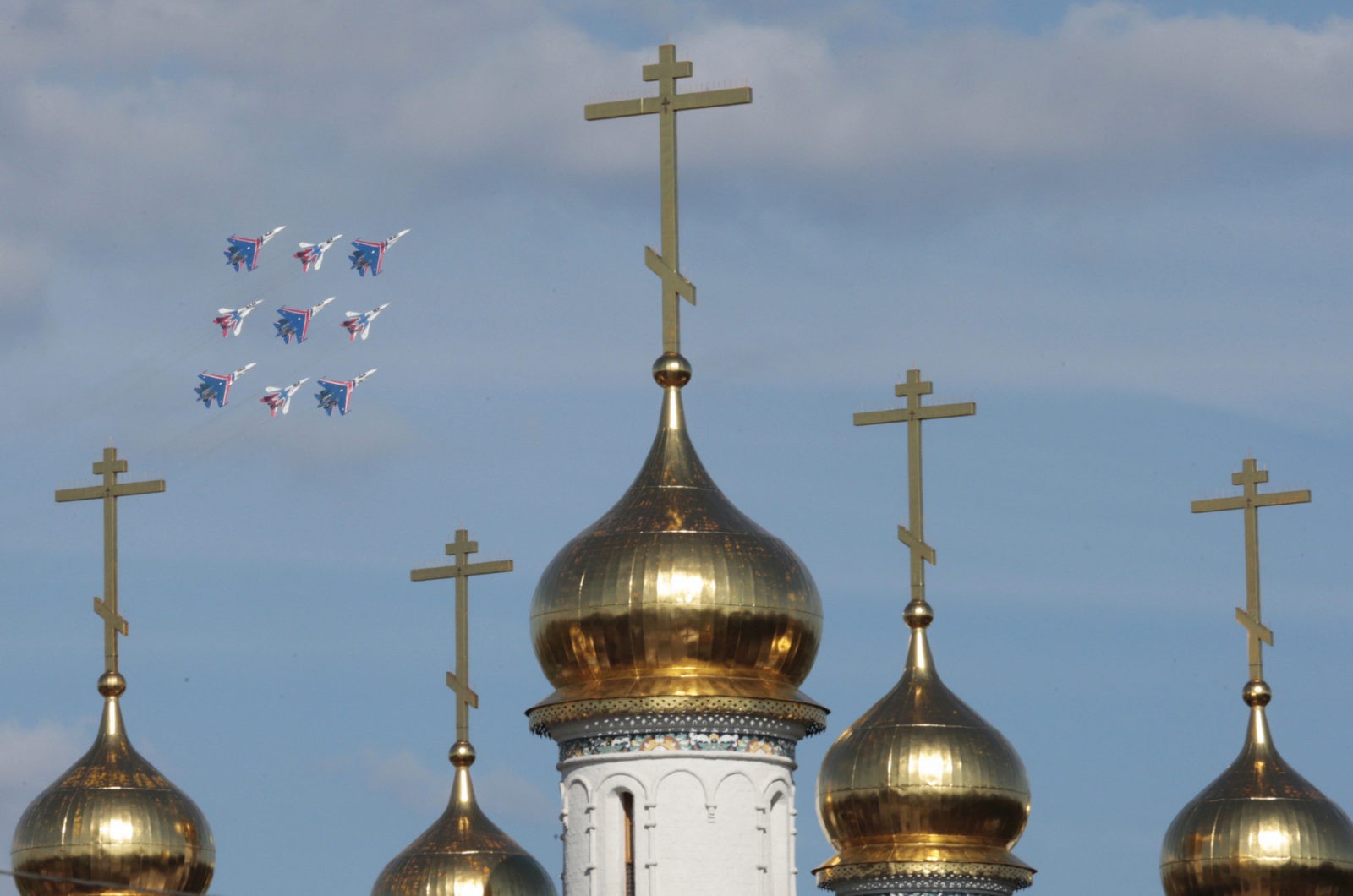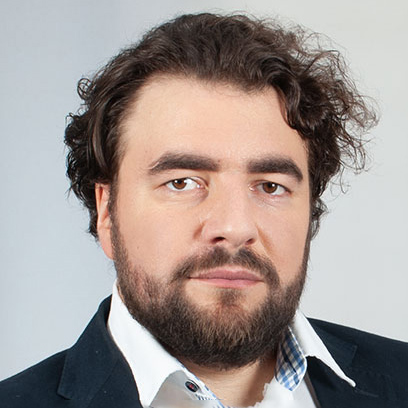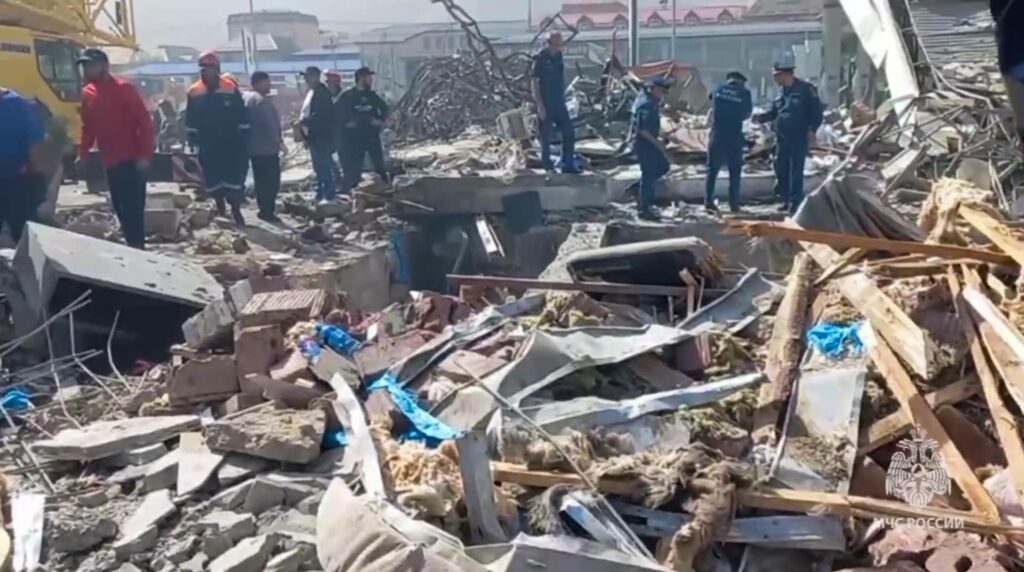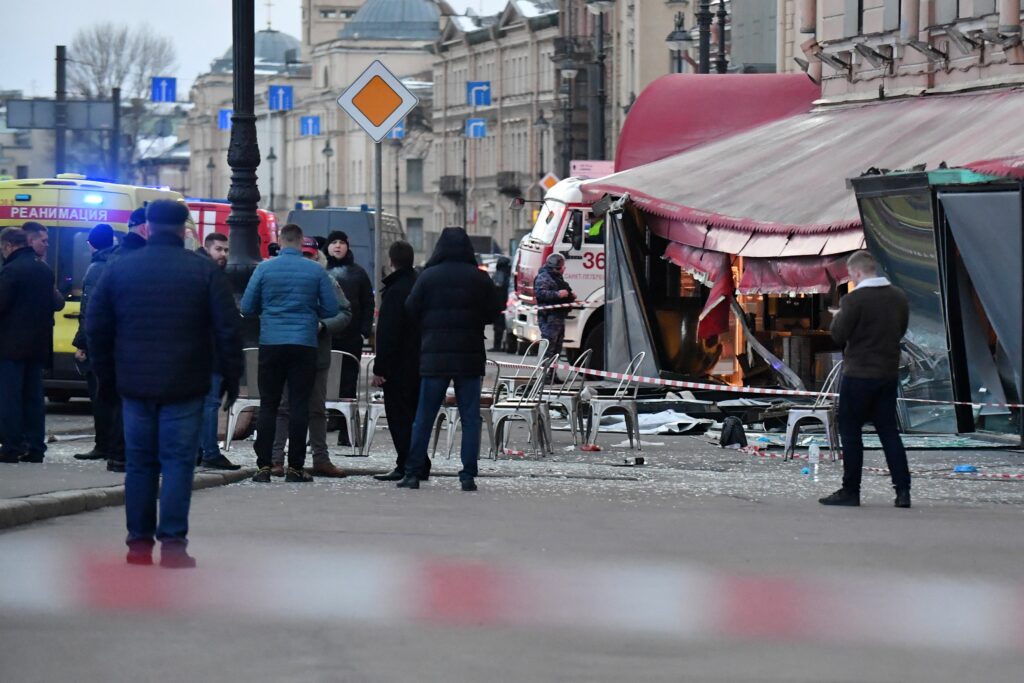Russia continues to be a state waging wars beyond its borders. In 2016, two years after the annexation of Crimea, political analyst Sergei Karaganov, justifying the Kremlin’s new policy, said in an interview with the German magazine Der Spiegel that “Russia will never again fight on its own territory.” That is why, apparently, it is now fighting on foreign soil. That soil is often far from Russia’s borders. Russian military advisers and mercenaries, for instance, are active in the Central African Republic (CAR). That was a point brought home by the recent deaths of three journalists attempting to make a film about operations there.
Such distant and intense military activity raises questions. Not least for the “traditional religions” of Russia. Russian Orthodox clergymen traditionally pray for Russia’s army when the country itself is under threat. But no one from the Central African Republic is advancing into Russian territory. Nor is anyone from Syria for that matter. So how should the Russian Orthodox Church treat such foreign operations?
In the 19th century, official propaganda gave various distant wars the prefix of “religious.” That is, aimed at protecting fraternal Orthodox peoples. But military operations on the territory of Ukraine, in which Russians have participated, are nothing of the sort. They cannot be called much other than fratricidal. The religious motivations for intervening in Syria are questionable as well. State propaganda noted the conflict was about the protection of Christians. Yet is this a war for the sake of saving local Orthodox, Catholics or even Monophysites? Or is it just realpolitik? The religious nature of the civil war in the Central African Republic is quite evident. But here the Russian Orthodox Church was not making the case like in Syria. There was no pushing the Russian General staff to send in troops. Not to mention any ecclesiastical encouragement of employees working there on behalf of “Wagner,” a private military contractor. To call any of Russia’s current conflicts religious is contradictory.
Militarist “symphony”
More than 70% of Russians traditionally call themselves Orthodox. In the 1990s, the ROC was full of conciliatory statements. This represented a classical understanding of pacifist Christian values. In particular, they stood against the “fratricidal” conflict in 1993 in Chechnya. There was, of course, a radical part of the clergy. But they were marginal within the ROC during this period. It was the ROC that actively supported military service exemptions. These would protect believers from the need to take up arms. The thinking went that war might contradict Christian beliefs of individual soldiers.
After the death of Patriarch Alexy II and the election of Kirill, the position of the Church changed. Military chaplains had played a role helping to set moral limits within the army. But they have since turned into a structural subdivision of the Ministry of Defense. Links have emerged between Orthodox Church and the so-called Cossacks. These are paramilitary organizations that have taken part in military operations in Donbas and Syria. Military-patriotic youth clubs have started to appear at parish Sunday schools.
As a result, in its current state, the ROC performs only one of its public functions related to military affairs. Namely, it blesses the Russian armed forces. In no way is it a peacekeeping or pacifist organization. That is unlike many other large Christian world churches.
The question of which wars receive blessings is also not subject to meaningful theological debate. The largest church in Ukraine is the Ukrainian Orthodox Church of the Moscow Patriarchate (UOC-MP). It is technically part of the ROC. So there can’t be any talk about any formal blessing of fratricidal conflict. But the ROC did not condemn Russian military involvement in Ukraine either. On one hand, the Moscow Patriarchate did not revise the status of the Simferopol diocese after the annexation of the Crimea. Thus it remained part of the UOC-MP. On the other hand, Patriarch Kirill has never condemned those Orthodox who take up arms to fight in the Donbas. Nor did he call on the Russian authorities to steer away from violence. On the contrary: Patriarch Kirill directly and personally supported Russia and the puppet “people’s republics”. He criticized the Ukrainian authorities and certain “nationalist organizations”. Thus there is complete overlap between the current leadership of the ROC, as a legal organization, and the Russian authorities.
The story is similar with Russian Islam. This branch is controlled and coordinated by several competing organizations. These include the Council of Muftis and the Muslim Spiritual Administrations that Russia inherited from the Soviet Union. Relatively anti-war in their attitude and their preaching, especially during the first Chechen war, were the Russian Buddhist clergymen. However, the recorded participation of Russian “Buddhists” in military operations in the east of Ukraine (which was not followed by any anti-war statements) allows us to say that this religious faith (and the legal organizations that form it) also do not participate in the activities of the modern Russian anti-war movement.
What remains are the so-called small churches and sects, including those that are considered to be “totalitarian” in Russia. The most numerous of those whose adherents categorically should not take up arms are the “Jehovah’s Witnesses”. For many years it was a vast and wealthy religious organization in Russia. Its adherents, for reasons of principle, did not take up arms. They opposed military conflicts and the participation of Russian citizens. A similar position was taken by a number of small Protestant churches which conducted their sermons on the territory of Russia. Strangely enough, the Russian authorities with the support of the Russian Orthodox Church (although they claim that the authorities did not consult with them previously), succeeded in abolishing the registration of the most anti-war religious organization, Jehovah’s Witnesses, on the territory of Russia in 2017.
Jehovah’s Witnesses as a type of opposition
Of course, there are several reasons for the clampdown on Jehovah’s Witnesses. One is that this religious organization has many features of the classical sect in the negative sense of the word. But the troubles Jehovah’s Witnesses have with the state goes beyond the “military” issue. Part of the case is the Jehovah’s Witnesses’ ban on “glorying” people. It is forbidden, in their teachings, not only to celebrate personal birthdays but also to take part in certain state events. Finally, the state was very interested in the property of the Jehovah’s Witnesses, which was abundant. Part of this property has already been confiscated.
Yet in the atmosphere of increasing militarization in Russia, it is the refusal to serve in the army that makes Jehovah’s Witnesses and other “draft dodgers” for religious reasons the natural opponents of the modern Russian authorities.
The clampdown on those unwilling to take up arms mean that Russia’s special services and law enforcement agencies now spend a considerable part of their time looking for potential extremists among the most harmless “offenders”. This distracts from the fight against real crime. It is so much easier for an officer to focus on this to earn a new title, apartment or just a bonus.
As a result, several dozen and maybe even more than a hundred Jehovah’s Witnesses who have not stopped their religious activity have now become detainees or prisoners. Some of them are even recognized as political prisoners. The Russian website of Jehovah’s Witnesses is blocked by Roskomnadzor. As representatives of the organization banned in Russia claim – it was done in violation of the law. Other religious organizations including Orthodox, not associated with the ROC, are experiencing pressure from the state.
If the militarization of society increases, the ROC may soon have to give the state blessings for individual military operations. It is very likely the motivation borrowed from the 19th century about the alleged protection of Christians by the Russian army in different parts of the world will be rehashed with ever greater frequency. The number of criminal cases against anti-war religious activists will increase. If this forecast comes true, these repressions in themselves will testify that Russia does not rule out even more large-scale military activities outside its territory. These need potentially wider mobilization. That would mean preventive suppression of potential “draft dodgers” as well.










